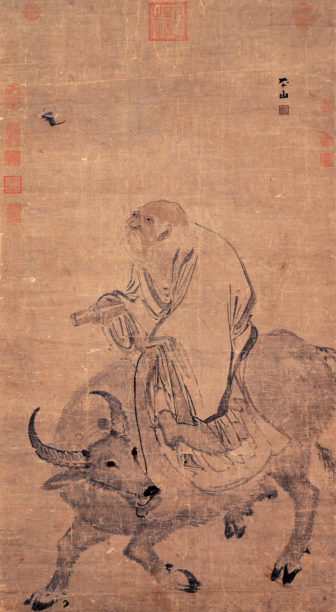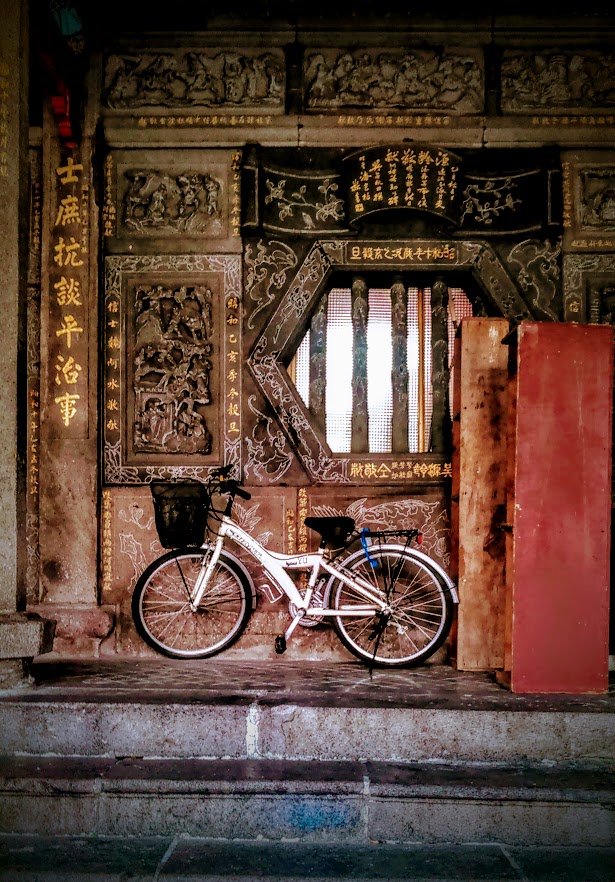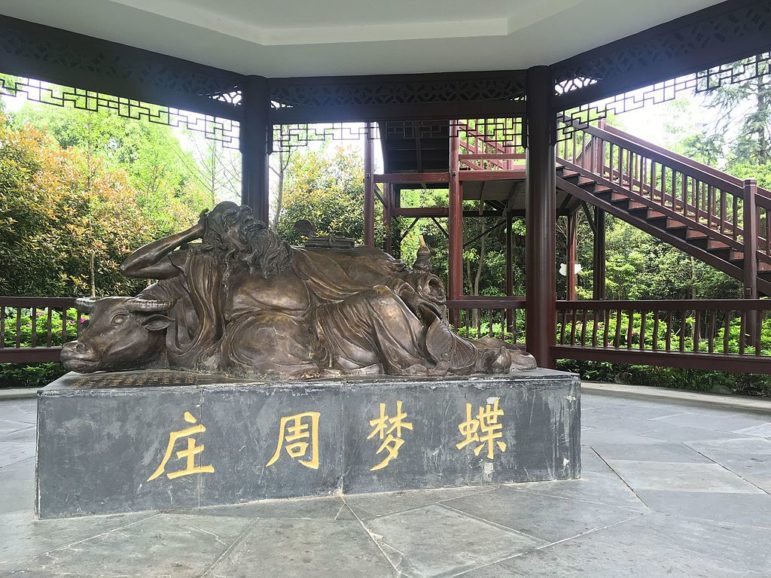
I was ten years old when I first became curious about Paganism. Given my background, that might seem a bit late; I had, after all, been raised in Wicca, and had participated in the esbats and sabbats that my family of Witches held throughout my whole childhood. But that didn’t necessarily mean I understood what our ceremonies meant, or what the purpose of a religion was; they were things I did because my parents did them, and because sometimes my friends were there, and because I liked the singing.
When I asked my father what I should do to learn more about Wicca, he gave me a seemingly contradictory instruction: he told me to pick another tradition and learn about that first. In his own magickal training, he said, his teacher had told him to do the same – that it was important to seek truth not only in one’s own tradition but to explore what others had to say as well. I shrugged and, assuming he knew what he was talking about (a reaction I’m sure he wished I’d kept up throughout my teenage years), I started to read about Taoism.

Zhang Lu, “Laozi riding an ox,” Ming Dynasty [Wikimedia Commons]
Why Taoism? I don’t entirely remember; sometimes I think it was simply because the Tao Te Ching, usually considered the central text of Taoism, isn’t a very long book and I thought I would get through it quickly. (Unfortunately, as anyone who has tried to read the Tao Te Ching can explain, while it may not have very many pages, each one of those pages can take a very long time to read – at least if one is trying to make some sense of it.) But I think it was more that, while I understood that Taoism came from a very different cultural context, there were still links between what I was reading about and what I practiced with my parents.
I read a number of books about Taoism during that time, translations of the classic texts by Laozi and Zhuangzi, and modern commentaries, including, yes, Benjamin Hoff’s Tao of Pooh, which attempted to introduce the basic concepts of Taoism through examples from A.A. Milne’s Winnie-the-Pooh. From those books, I received an idea of Taoism that didn’t seem too far afield from my Pagan upbringing: that there was a natural and spontaneous order to things – the Tao, or “the way” – and it included a sense of belonging and harmony that everyone and everything participates in, and the way to wisdom and contentment was to recognize that order and accept it. The wild world understood the Tao by instinct; it was humanity that strove against it, and in doing so, created disharmony. A term for this idea was wu wei, or “effortless action” – to do without doing.
That seemed, to me, to have a lot in common with the core ideas of Paganism, which also taught that the natural world has an instinctive order and that in alienating itself from nature, modern society had lost its way. And both Taoism and Paganism had a core notion that life is, on the whole, pleasant and joyful – they world-affirming traditions, one might say.

Bike stopped at a Taoist temple in Taiwan [Cloud Consciousness, Wikimedia Commons CC 1.0]
This was a highly simplistic understanding of Taoism, to be sure – it barely touched on how the so-called “philosophical” Taoism of Laozi and Zhuangzi interacted with the “religious” Taoism that is practiced throughout China, nor did it touch on fascinating elements of the tradition like the practice of Taoist alchemy. And, unfortunately, my early education in the tradition also had little to say about the historical context in which Taoism emerged and developed; all I really learned of Confucianism, for example, was that most of the authors I read did not think it was as cool as Taoism. I gained some of that context in college, where I took several classes on Chinese religion specifically because of my childhood interest, but I recognize that there will always be more vital information that I am missing; so much could be said for any such field of study.
I had forgotten about Taoism for a long time. I kept the books on my shelves because I am not a person who gets rid of books, but I didn’t read them or think much about the Tao for some years. But in the past few months, I have been thinking about it almost constantly, as though somewhere in the warren of my mind a long-forgotten hallway has been uncovered. In particular, I have enjoyed rediscovered Zhuangzi, whose disregard for the rich and the powerful appeals to me more and more:
Zhuangzi was (once) fishing in the river Pu, when the king of Chu sent two great officers to him, with the message, ‘I wish to trouble you with the charge of all within my territories.’ Zhuangzi kept on holding his rod without looking round, and said, ‘I have heard that in Chu there is a spirit-like tortoise-shell, the wearer of which died 3000 years ago, and which the king keeps, in his ancestral temple, in a hamper covered with a cloth. Was it better for the tortoise to die, and leave its shell to be thus honoured? Or would it have been better for it to live, and keep on dragging its tail through the mud?’ The two officers said, ‘It would have been better for it to live, and draw its tail after it over the mud.’ ‘Go your ways. I will keep on drawing my tail after me through the mud.’
-Zhuangzi, “The Floods of Autumn” (trans. James Legge)

Statue of Zhuangzi in Guangming Butterfly Valley, in Bairuopu Town of Wangcheng District, Changsha, Hunan, China [Huangdan2060, Wikimedia Commons, CC 1.0]
It has been a pleasure to get reacquainted with Taoist thought. I, like many, am facing a prolonged period of quiet solitude, as we are asked to stay at home due to the Covid-19 outbreak. I plan to spend some of that time reading and thinking about Taoism and its relatives in Chinese thought, and just as those traditions influenced how I developed as a Pagan when I was a child, I look forward to how they will influence the way I think of myself as a Pagan today.
The Wild Hunt is not responsible for links to external content.
To join a conversation on this post:
Visit our The Wild Hunt subreddit! Point your favorite browser to https://www.reddit.com/r/The_Wild_Hunt_News/, then click “JOIN”. Make sure to click the bell, too, to be notified of new articles posted to our subreddit.